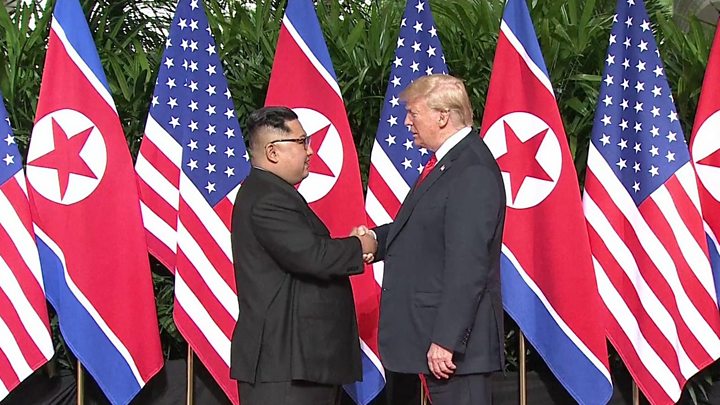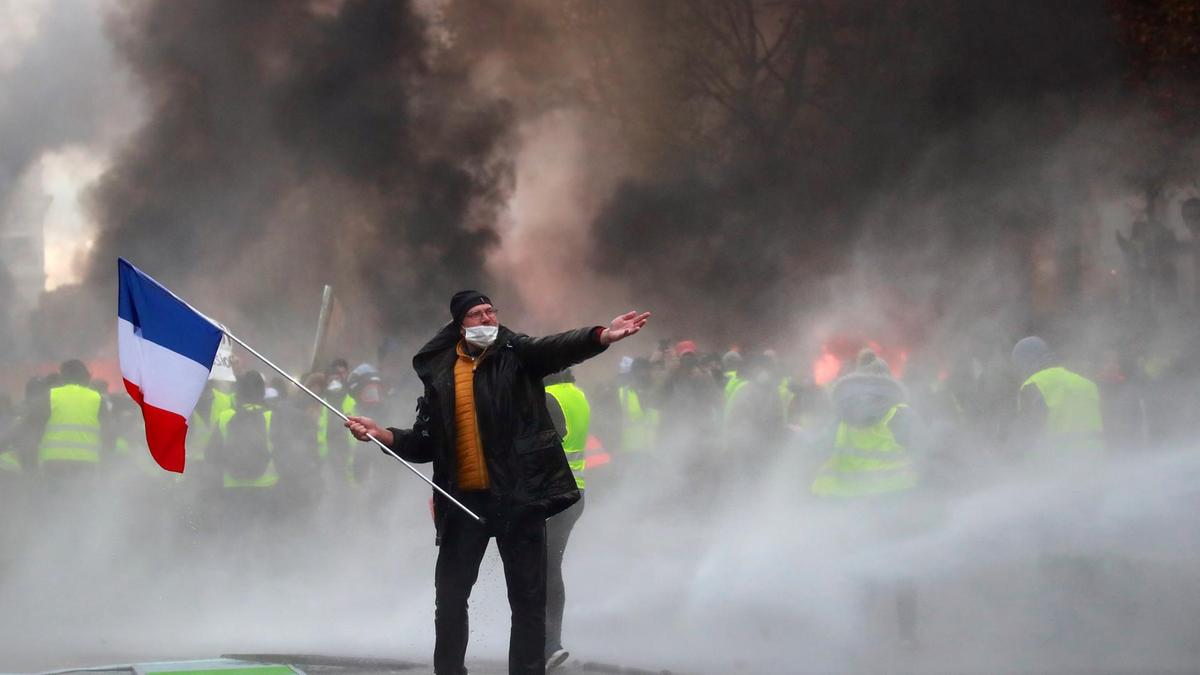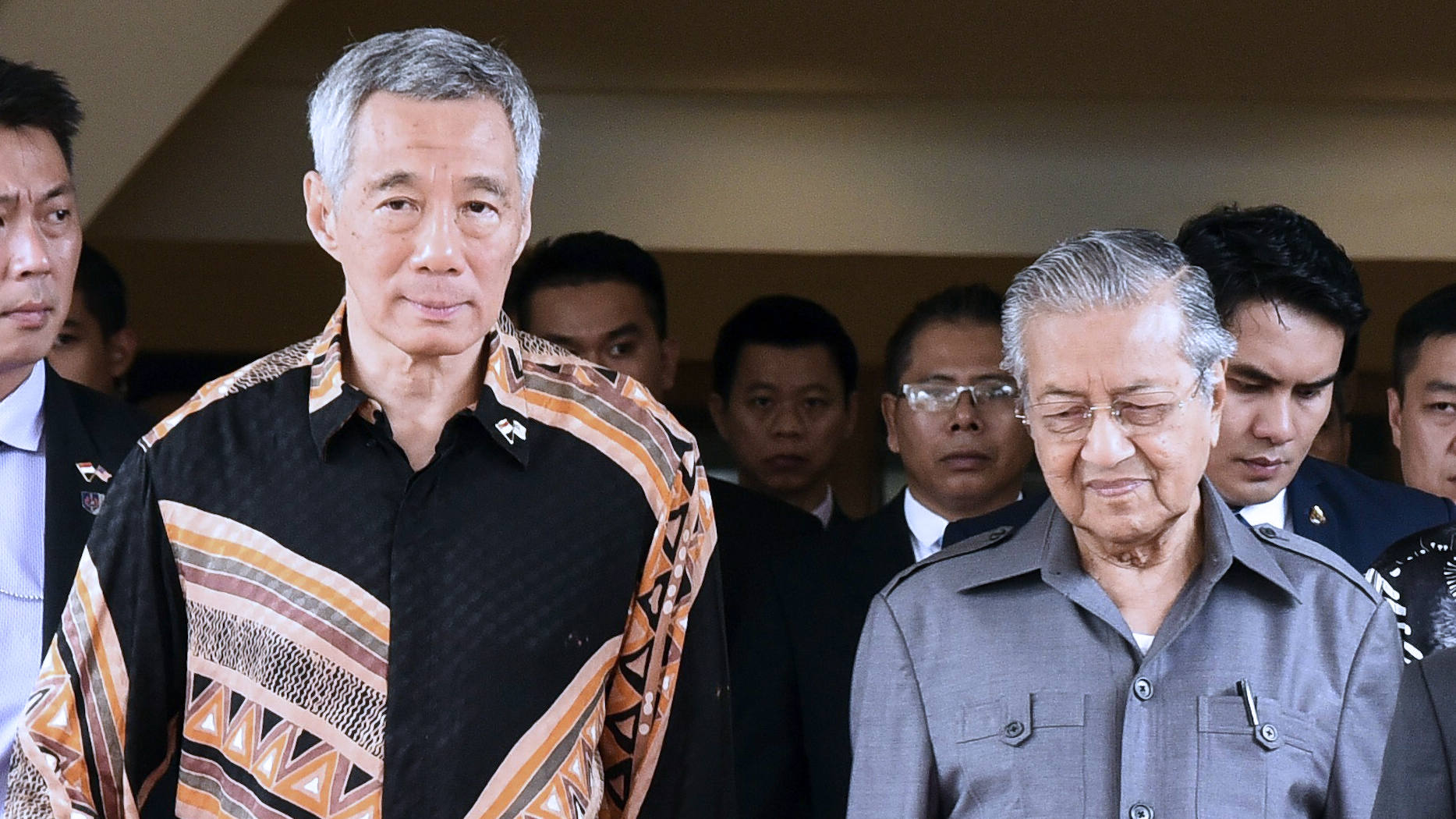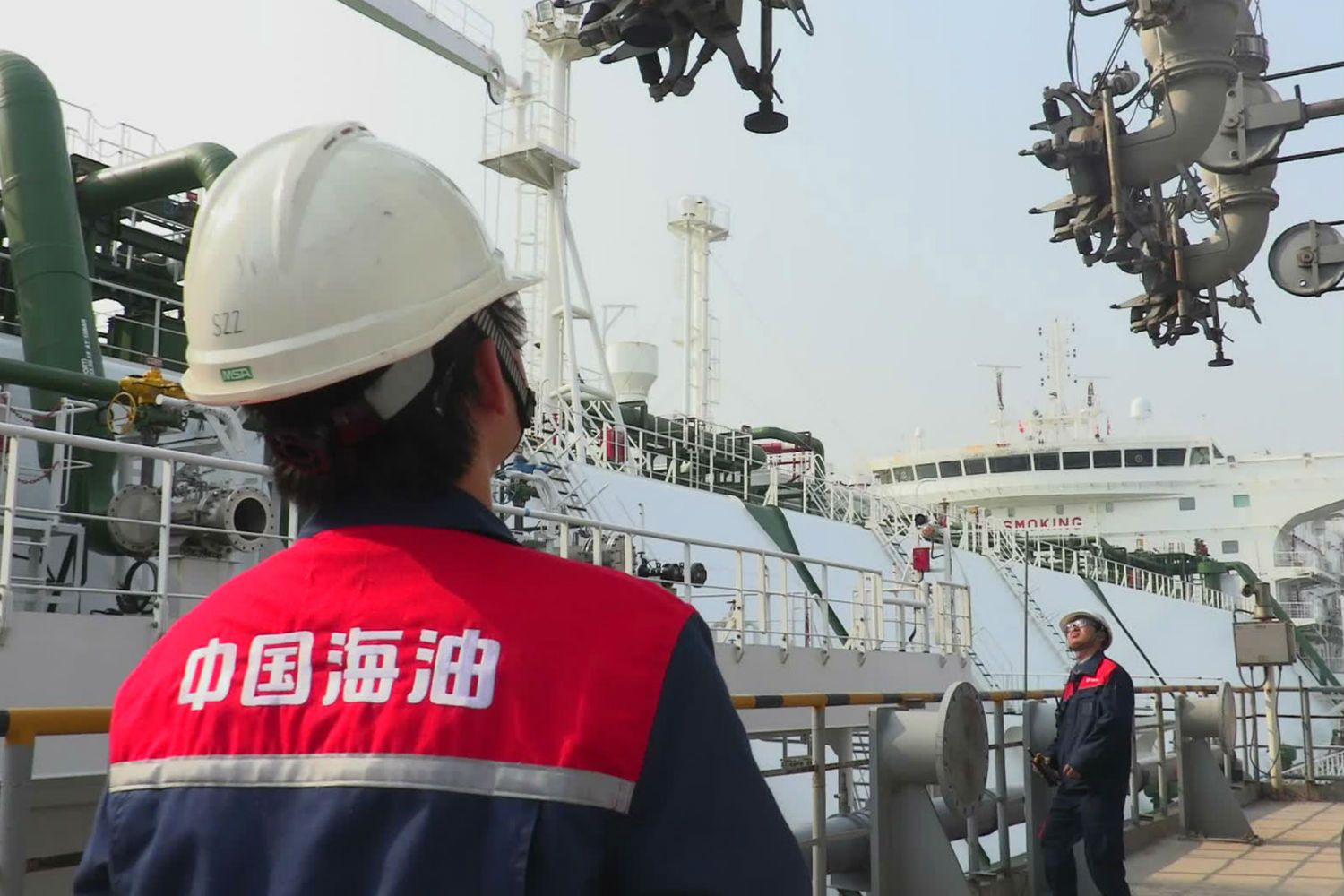2018 “A Year of What the Heck” Review
2019 is upon us, looking back, the past year has been full of surprise in term of geopolitics and defense policy. As an inside note, I often joke that 2018 is the ‘year of what the heck’ where world leaders take for the strangest turn possible.
So before we step forward into the rest of 2019, I see fit that we look back and review what happened so far in this past year that makes it “the year of what the heck” and I hope you enjoy the list I compiled for one of the most jaw-dropping events of 2018.
Saudi Arabia – Israel Alliance
The fact that the existence of Israel has been one of the most controversial topics in the Arab world, is probably no secret to anyone. The ongoing issue in regard to the state of Palestine make the Jewish state notorious among the Muslim world. Many in fact, refused to establish a formal relationship with the country even to this day. Because of this, it has become a total shock to me when the crown prince of Saudi Arabia, Mohammed bin Salman, one of the most conservative Islamic nation in the world, announced his incline to Israel right of existence.
Israel and Saudi Arabia have been collaborating in the area of intelligence gathering against the duo major rival in the region, the Islamic Republic of Iran. In November 2018, Israel Chief of Staff, General Gadi Eisenkot admitted in an interview with UK-based Saudi newspaper Elaph, that Israel was ready to exchange intelligence with the Saudis in order to confront Iran. While we may not be sure to the extent – or how long, will this collaboration end up, the revelation most certainly quite a major shock worthy of ‘what the heck’ moment of 2018.

Kim-Trump Summit
President Donald Trump foreign policy has been a wildcard throughout the rest of his presidency. However, one of his most shocking moment in the administration history is his meeting with the supreme leader of the country that American had long considered an enemy – North Korea. North Korea had been a major target for American foreign policy for a while, being labeled “The Axis of Evil” for as early as 2002 under George W. Bush presidency.
With Trump going after many of his American traditional allies like Canada and Western Europe, his direct meeting with the North Korea leader, Kim Joung Un, over the denuclearization issue is one of the most shocking moments of 2018. The historical meeting which took place in Singapore, also followed by the sudden warming of the two Koreas. However, by year end, nothing much has been achieved in term of the denuclearization itself. This perhaps due to the two countries very different interpretation of the agreed upon state of the denuclearized peninsular which is evidenced from the Hermit Kingdom 2019 statement.
During the new year speech, the North Korea leader, mentioned that the country might “consider a new way to safeguard our sovereignty and interests” had the US failed to fulfill their expectation – which includes a called for a permanent end of the US Force Korea and possible withdrawal of Japan and South Korea from the American nuclear umbrella.

Turkey Resurgent
Ever since the ascension of the Republic of Turkey President, Recep Tayyip Erdogan, the secular, Muslim-majority, country has fallen more toward Islamic traditionalism and pursues increasingly more aggressive foreign policy in the region. With the failure of the coup on 15 July 2016 against Erdogan presidency, a large number of dissident, some source reported as large as 10,000, intellectuals, journalists, and military leaders, have been detained and prosecuted. Ever since the foundation of the Turkish Republic, the Turkish military elites have long been the forces that promote secularization of the country – something that is not very popular among the majority of the country populaces. This is confirmed by President Erdogan re-election in June 2018 (in which he scored over 50 percent of the voting count while his biggest rival, managed only thirty or so.)
Turkey under Erdogan has been increasingly more aggressive against the country neighbor. The country has been threatening Greek for the right over Aegean islands for a while and by year-end, Erdogan Turkey also gets involved in the Syria civil war, threatening military action against the Kurdish militia which has been under the support of the US and Western Europe. All of which are the country’s allies under NATO treaty.
This, coupled with the country warming relationship with China and Russia, make their traditional geopolitical position seem increasingly suspicious.

French Yellow Vest Riot
2018 didn’t end well for the French President, Emmanuel Macron. Le Président introduction of fuel tax to improve the country carbon footprint has proven to be extremely unpopular and sparked one of the worst riots in the country modern history. The Yellow Vest Movement, which consisted of a mass gathering of an angry mod over the street of Paris had quickly turned violent with over a hundred has been injured and the City of Light has been dotted with wreaks of burning car and properties over the course of the crisis.
The victory of President Emmanuel Macron in 2017 over the far-right Marine Le Pen has been one of the rare moment over the year where the centric, globalist political leader, had been victorious against the increasingly nationalistic and populist trend around the world. With the President’s popularity been hitting a record low, it would be interesting to see if France will yet resist the wave of strongman populism that plagued the world over the year.

Singapore-Malaysia Resumed Tension
Despite the occasional rivalry, Singapore and Malaysia have long enjoyed an excellent company of each other ever since the very foundation of the city-state. The return of Dr. Mahathir Mohamad as the Prime Minister of Malaysia however, introduced a tension that, for a very long time, never before seen over the relationship between the two countries.
Prime Minister Mahathir Mohamad, a 92 years statesman of Malaysia had shocked the world with his return to the political scene, defeating the deeply unpopular Najib Razak who is both his successor and predecessor, in May 2018.
Ever since Dr. Mahathir has been taking his office, Malaysia has come into conflict with Singapore in various issue from maritime territory, to water treatment pricing, and control of the airspace over Pasir Gudang, Johor. For the first time over decades, the two closest neighbors in Southeast Asia are in a tensed relations which may affect their future in the years to come.

The Trade War
Arguably, the most shocking and impactful event of 2018 is the President Trump tax measure against China which has been a complete shock to the latter and sending an economic shock wave to country worldwide.
The US government has long accused the government of China of undermining the intellectual property right and engaging in protectionist mercantilism against foreign companies operated in the country via mandatory joint venture and government-funded state own enterprise. These acts allow the US President legal premise to impose unilateral action under Section 301 of the U.S. Trade Act of 1974 against the manufacturing giant by a measure such as taxing and fining. By year-end, the Trump administration had threatened to impose a tax on nearly all of China import products to the United States which account to over 200 billion worth of product. China responds with similar tax measure but as American import into China only worth 60 billion, the tax impact on the Asian giant had been disproportionally devastating.

From the Chinese perspective, the Trade War had been viewed with much malign as the US measure to contain the country rise to power. If the issue had not been resolved, and quickly, this economic war between the world first and second largest economy might turn into the new reality for the global trade business. With companies adjusting to the new reality and their new state of a value chain, getting back into a state prior can be very difficult.
For now, the Trade War might also be a test to the middle kingdom own strength to control its rising and increasingly militant nationalism. While the war on trade is, without doubt, a major obstacle to China economic aspiration, having strong protection over intellectual property right and reducing their reliance on state SoE is also a sensible demand, one that may be crucial for a country aspire to have an advanced economy.
- Israel and Saudi Arabia: The relationship emerging into the open
- https://www.bbc.com/news/world-middle-east-42094105
- Kim Jong-un New Year speech: ‘no choice but to consider a new path if US doesn’t keep its promises’
- The aftermath of the failed Turkey coup: Torture, beatings and rape
- What to Know About the General Blamed for the Failed Coup in Turkey
- Reconsidering Turkish military culture and secularism after the coup attempt
- Tiny Islands Make for Big Tensions Between Greece and Turkey
- Riots, looting and violence: Here’s what’s happening in France and why it matters
- Malaysia, Singapore to discuss airspace dispute on Jan 8 Read more at https://www.thestar.com.my/news/nation/2019/01/01/malaysia-singapore-to-discuss-airspace-dispute-on-jan-8/#egYJk0OZj2lAwBrE.99
- WHY TRUMP’S TRADE WAR IS A BLESSING IN DISGUISE FOR CHINESE LEADERS
- Trump Kim summit: US and North Korean leaders hold historic talks
- For Arab Gulf States, Israel Is Emerging as an Ally
- Erdogan called the elections in Turkey, the victory of democracy and thanked Allah
- UAE Embassy warns residents on holiday to stay away from Paris riots
- Mahathir stress tests Malaysia-Singapore relations

